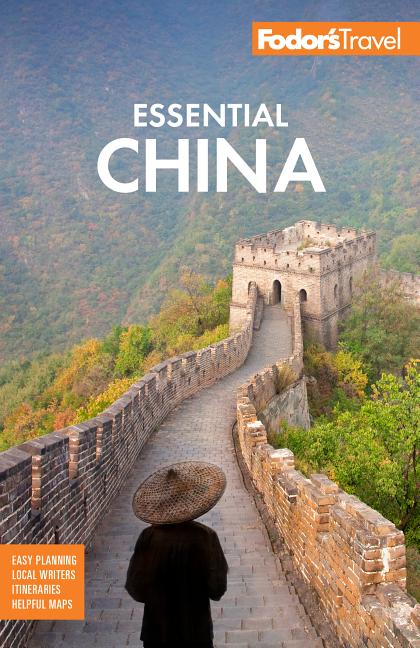A Brief History of Macau
In 1557 the Portuguese took over Macau, making it the first European colony in East Asia. Called "A Ma Gao" by the Chinese (in honor of the patron goddess of sailors, A-Ma), its name was adapted to "Macau" by the Portuguese. For more than a century the port thrived as the main intermediary in the trade between Asia and the rest of the world: ships from Italy, Portugal, and Spain came here to buy and sell Chinese silks and tea, Japanese crafts, Indian spices, African ivory, and Brazilian gold.
In addition to international trade, Macau became an outpost for western religions. St. Francis Xavier successfully converted large numbers of Japanese and Chinese to Christianity and used Macau as a base of operations. In the 1500s and 1600s many churches were built, including an ambitious Christian college. Today in Macau this religious legacy can be seen in the array of well-preserved churches.
Macau's age of prosperity ended in the 1800s, when the Dutch and British gained control of most trading routes to East Asia. After the British victory over China in the 1814 Opium War, the huge, deep-water port of Hong Kong was established, and Macau was relegated to a quiet, sleepy port town. Macau did, however, remain important to Chinese refugees during both World Wars and the Cultural Revolution. With the widespread introduction of legalized gambling in the 1960s, Macau became a freewheeling place, where gambling, espionage, and crime reigned in the long shadow of modern, wealthy Hong Kong.
Today textile, furniture, electronics, and other exports join a world-class tourism industry in making Macau prosperous. Just before the 1999 handover to the Chinese government, the Portuguese administration launched a staggering number of public works. A huge international airport was built on a reclaimed island, and new bridges were built to connect Macau's two islands. Recent years also saw the construction of two artificial lakes in the Outer Harbour along the Praia Grande and another in Cotai. These projects and the continuing developments have transformed Macau into a location rife with casinos and luxury resorts.




